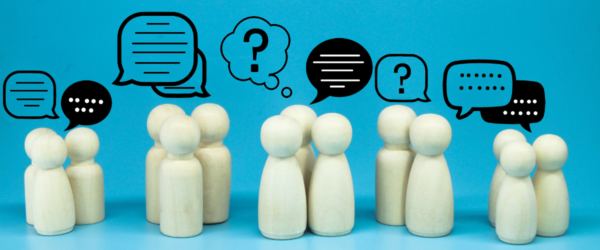
The Hidden Cost of Silence: Leading Through Conversations
Leadership isn’t always about vision boards, strategy decks, and celebrating success. It is about conversations.
Bookmark this page to stay right up to speed with our latest insights into the world of culture, innovation, psychological safety and much more.
We will regularly share our thoughts, ideas, hints, tips and industry insights – most recent insights are always at the top.

Leadership isn’t always about vision boards, strategy decks, and celebrating success. It is about conversations.
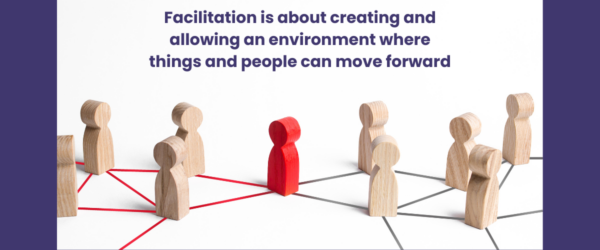
Board meetings are pivotal moments for strategic decision-making, governance, and organisational oversight. Yet how many businesses invest in a professional facilitator to ensure ROI is delivered?

Every organisational budget will be feeling the challenge of having to make less into more as taxes and tariffs change. So what should leaders be doing?

Boardroom dynamics are complex, and crucial for the success of any organisation. Yet many people struggle to understand the realities of boardroom dynamics.
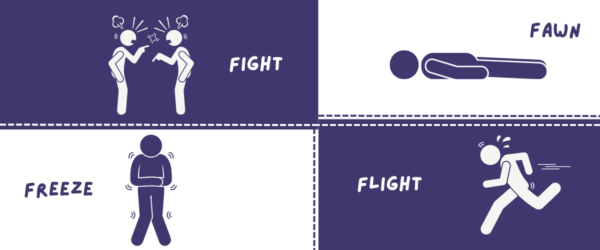
Stepping out of your comfort zone can feel like a mixture of excitement and fear. For some adventurous people it can become addictive!

Often the clients we work with focus on processes, policies, handbooks, and ways of working as if they are leading machines rather than people. Yet, the human brain is very different to machines, or is it?

Employee engagement and motivation are declining in many organisations, leading to lower productivity, higher staff turnover, and diminished morale across businesses and the UK.
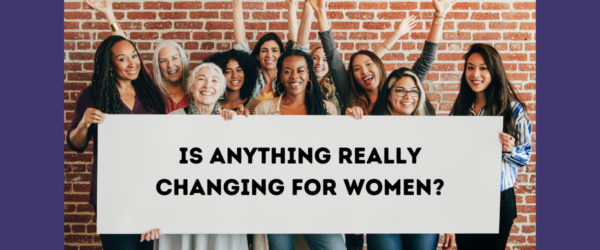
At Think Organisation, we help leaders create inclusive workplaces for everyone, recognising that many groups (including women) continue to face marginalisation.
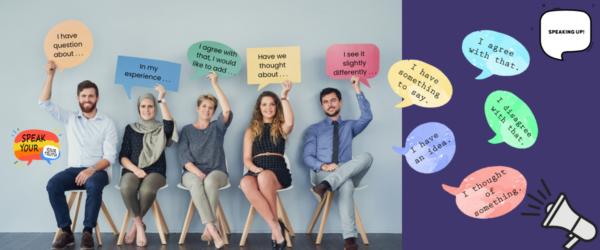
Have you ever sat in a meeting feeling nervous about speaking? Maybe you are unsure about the comment or suggestion you want to make, or maybe you are concerned about how to start what you want to say in the melee of others voicing their ideas.

All organisations need to ensure consistency, transparency and fairness in all that they do. This is a fundamental principle which underpins years of research and practical application.
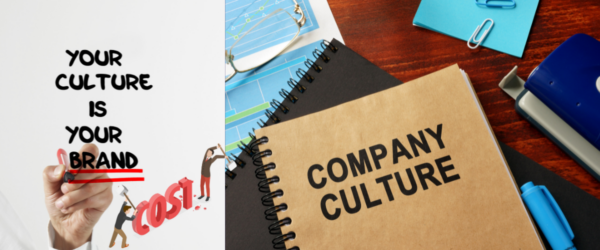
While cutting costs may be a necessary strategy for financial stability, how a company navigates this process speaks volumes about its organisational culture.
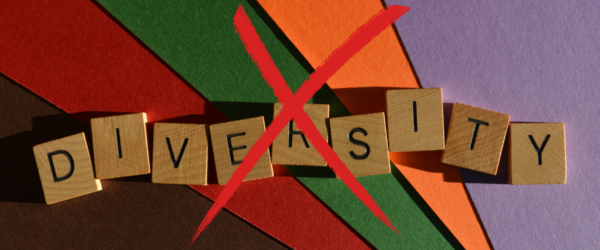
Imagine a time in the future when everyone is included and has a real sense of belonging, no matter their race, colour, background, gender, socio-economic status, neuro-needs, or lifestyle preferences.
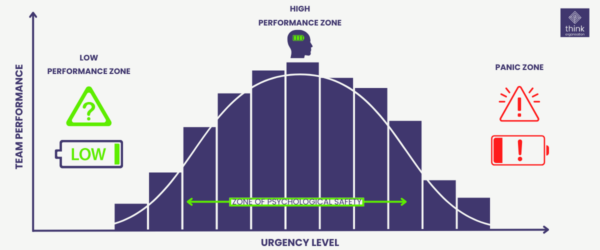
Have you ever asked the question in your workplace – what do we mean by high performance?
High performance is defined as ‘able to operate to a high standard or at a high speed’ (Cambridge, 2025) but what does this look like in the workplace?

How we behave at work is down to the individual. Behaviour at work is down to the team, manager, organisation and society. Humans learn behaviours from their lived experience and other people. In reality, no amount of rules, procedures, operating models or surveillance can outweigh having staff who enjoy what they are doing, enjoy where they work, and enjoy who

Reflection involves absorbing information, asking deep and probing questions, and challenging your understanding of situations or events.